Double SHANK knockout highlights brain circuit’s social role
Mice missing the autism-linked SHANK2 and SHANK3 genes in their retrosplenial cortex have trouble distinguishing between novel and familiar mice.

Mice missing the autism-linked SHANK2 and SHANK3 genes in their retrosplenial cortex have trouble distinguishing between novel and familiar mice.

Genetics strongly influences some aspects of the monkey’s social behavior, including tendencies to solicit grooming and sit or play alone.

A controversial idea about how cells compartmentalize their contents into droplets — like beads of oil in water — could be key to understanding autism, says Julie Forman-Kay.

A new system enables researchers to automatically track the social behavior of up to four mice for days at a time.

A new technique leads to neuron cultures of consistent quality, enabling scientists to study how autism mutations alter neurons.
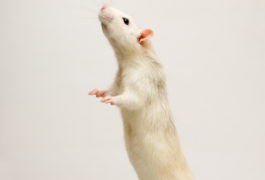
Researchers have engineered two new rats with mutations in a family of genes that function at neuronal junctions, they reported today at the 2014 International Meeting for Autism Research in Atlanta.
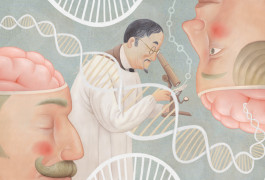
Two seemingly similar mutations in the SHANK3 gene have divergent effects on the brain and behavior.
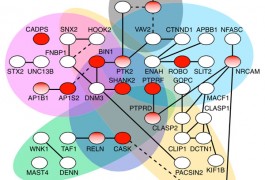
Small pieces of DNA within genes, dubbed ‘microexons,’ are abnormally regulated in people with autism, suggests a study of postmortem brains.
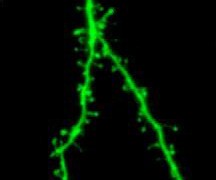
The SHANK family of proteins, some of which are strong autism candidates, work together to facilitate brain signaling, according to unpublished results presented yesterday at the 2014 Society for Neuroscience annual meeting in Washington, D.C.
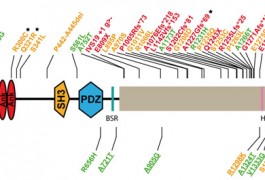
About 2 percent of people who have both autism and intellectual disability carry harmful mutations in SHANK3, a protein that helps organize the connections between neurons, according to a study published 4 September in PLoS Genetics.